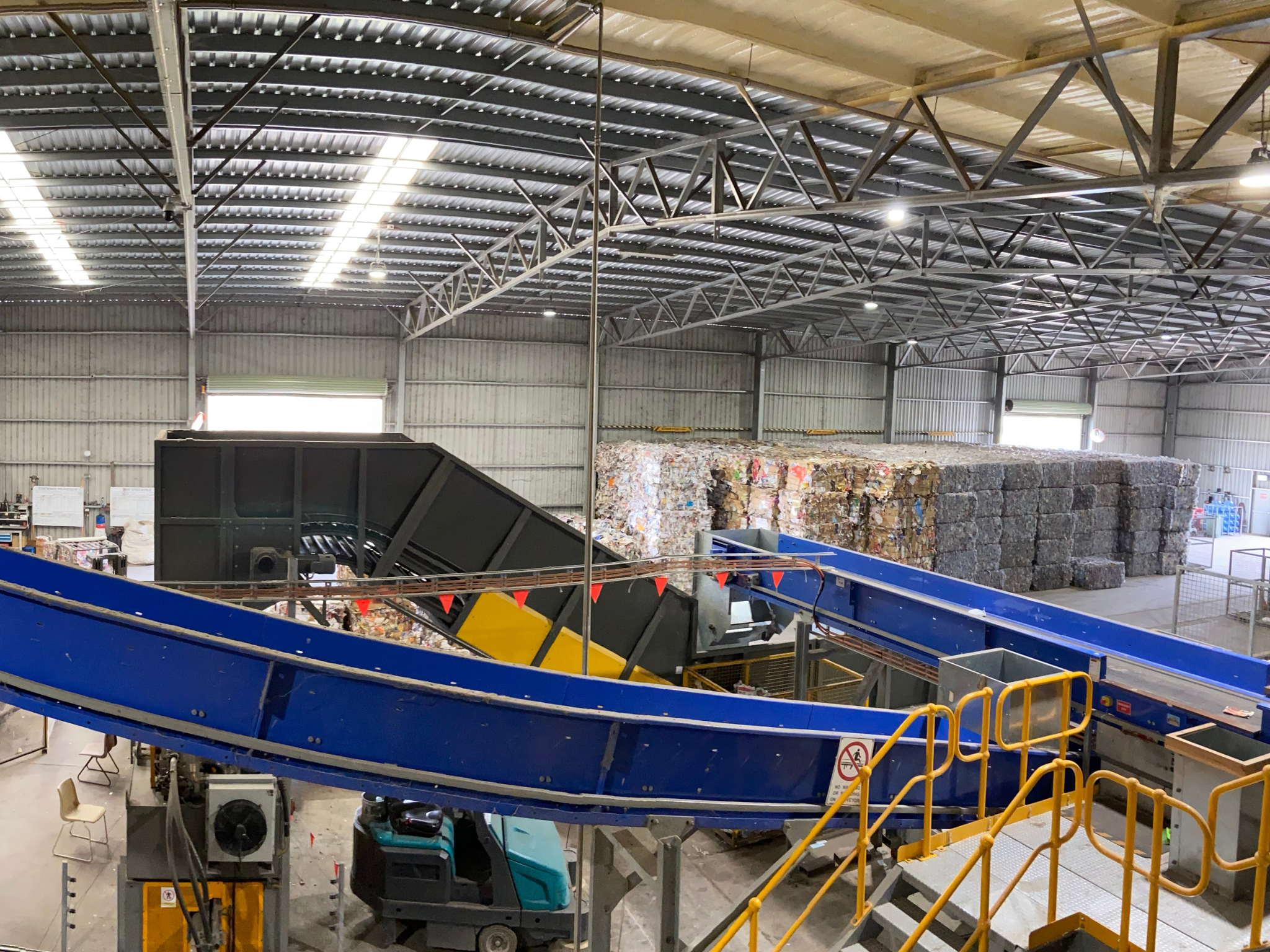Workplace health and safety (WHS) in First Nations communities
Meeting communities where they are with fr&nk
Workplace health and safety in First Nations communities is about more than policies and compliance. It’s about respect—respect for cultural values, historical contexts, and the unique needs of each community. At fr&nk, co-founded by Rick Fox, a proud First Nations man, we’ve seen firsthand the importance of meeting communities where they are to create meaningful, sustainable WHS solutions.
Understanding the historical and cultural context
First Nations councils in Queensland operate within a complex environment shaped by a history of injustices and ongoing challenges. Resources like the Queensland Human Rights Commission’s Aboriginal People in Queensland: A Brief Human Rights History highlight the need to address the long-term impacts of intergenerational trauma, resource disparities, and structural inequities.
For WHS initiatives to succeed in these communities, they need to start with a deep understanding of these realities. At fr&nk, we begin by listening and learning, working together to create solutions that reflect each community’s circumstances.
Meeting communities where they’re at
Through our work with councils like Cherbourg Aboriginal Shire Council and Torres Shire Council, we’ve learned that WHS systems need to be both practical and culturally responsive.
Here’s what guides us:
Start with listening and collaboration
Meeting communities where they’re at starts with recognising that they’re the experts in their own experiences. By engaging in yarning circles—spaces for open dialogue—we listen to each community’s unique needs and perspectives before designing solutions.
Focus on practical, realistic solutions
Resources in many First Nations councils are stretched, so WHS systems must focus on what’s achievable. For example, thriving enterprises like cabinetry workshops and recycling facilities in Cherbourg needed safety systems that could manage risks while supporting growth.Adapt to geographic and social realities
Remote councils, like Torres Shire Council, face logistical and cultural complexities that demand flexibility. A cookie-cutter approach doesn’t work here. Instead, we focus on solutions tailored to the specific realities of these communities. A 176-page safety manual wasn’t the answer—simple, actionable strategies were.Build capability for the long term
Meeting communities where they are also means recognising where they want to go. fr&nk works to empower local leaders with the skills and confidence to adapt and grow their WHS practices over time.
Cherbourg’s state of the art materials recycling facility (MRF)
WHS as a foundation for community wellbeing
When WHS strategies are tailored to meet communities where they are, the results go beyond compliance. Effective WHS systems strengthen workplaces, boost community resilience, and create economic and cultural growth opportunities.
Local governments play a crucial role in this journey. By forming genuine partnerships and understanding the unique contexts of First Nations communities, councils can develop policies that honour culture, promote human rights, and create sustainable outcomes.
fr&nk’s commitment
At fr&nk, we’re committed to meeting communities where they are and working alongside them to build their capacity and confidence in workplace safety. Guided by our values of Authentic Communication, Real Humility, and Response-ability, we’re proud to contribute to efforts that foster safety, dignity, and self-determination in First Nations communities.
Because it’s not just about safety systems—it’s about creating pathways for communities to lead their own safety journeys on their terms.
Now that’s capability!

